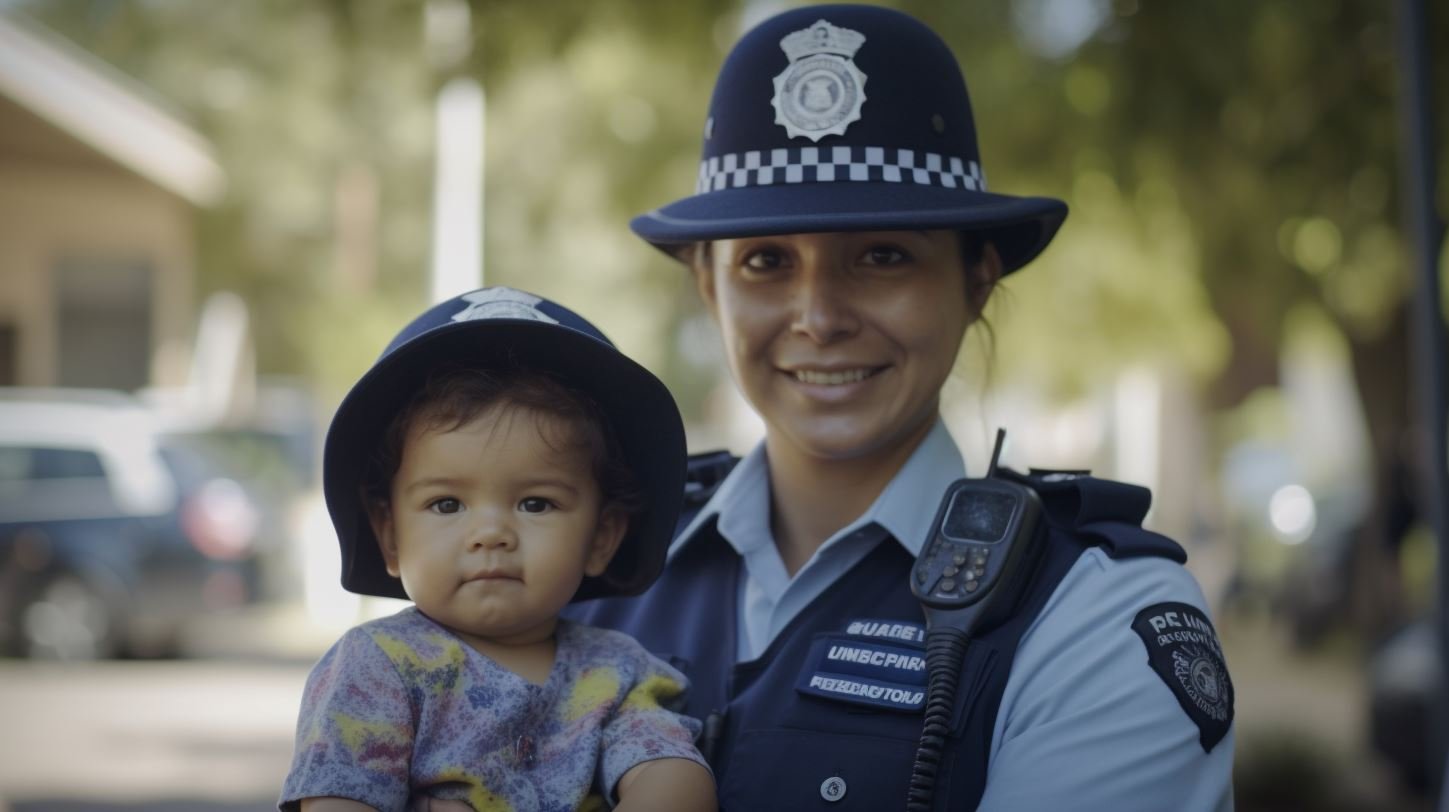Why Would CPS Show Up With A Police Officer?
Navigating Unannounced Visits: Your Quick Guide to Rights and Responses
Child Protective Services (CPS) plays a pivotal role in ensuring the safety and well-being of children.
Sometimes, when they conduct their investigations, they might arrive accompanied by a police officer.
This can understandably be a distressing sight for many families.
However, it's essential to understand the reasons behind this approach.
Short Answer:
Q: Why would CPS show up with a police officer?
A: CPS might show up with a police officer for several reasons:
Safety Concerns: To ensure the safety of the child and the CPS worker, especially if there are potential risks like violence or threats.
Legal Access: To help ensure that the caseworker can conduct their duties without obstruction, especially if they anticipate resistance to entering a home.
Enforcing Court Orders: In cases where a court order mandates the removal of a child, a police officer can ensure smooth execution.
Witnessing or Gathering Evidence: The officer can act as a witness or assist in collecting evidence if criminal activity is suspected.
Immediate Criminal Concerns: If immediate criminal actions, like drug manufacturing or domestic violence, are suspected, the police can address it directly.
Related Questions
-
No, unless there's an immediate danger or they have a court order.
-
Politely ask for their names, contact information, precinct, and badge number.
-
Absolutely! It's your right to seek legal counsel if you feel it's necessary.
Understanding the Role of CPS
Before delving into why CPS might arrive with law enforcement, it’s essential to understand the role of CPS.
Their primary responsibility is to investigate allegations of child abuse or neglect and ensure the safety of children.
This responsibility means they must take every complaint seriously, act quickly when necessary, and sometimes involve other entities to help in this process.
Why Are They Knocking at Your Door with Police?
CPS investigators sometimes arrive unannounced, knocking on parents' doors with a police officer by their side.
While these investigators might justify this as a measure taken for their protection, it's important to note that it can also be seen as an intimidation tactic.
The presence of a uniformed officer can create a more pressing atmosphere, and investigators might believe that this will coerce families into being more cooperative or revealing.
Moreover, when neighbors witness such an event, it can create a socially awkward or embarrassing situation for the family, further pressing them into complying without fully understanding their rights.
The Presence of a Police Officer Doesn’t Mean More Authority
A crucial point to remember is that a CPS or ACS investigator's authority does not increase due to the presence of a police officer. While it might be surprising or even alarming, it does not grant any additional powers to either the investigator or the police officer.
Your constitutional rights remain intact. The 4th Amendment of the United States Constitution protects citizens from unreasonable searches and seizures. Unless there’s an emergency or an immediate threat to a child’s safety, they require a court order to enter your home.
Reasons CPS Might Show Up with a Police Officer
Safety Concerns: In certain situations, the safety of the child or the CPS worker might be at risk. If there have been previous reports or indications of violence, drug activity, or any threats made, CPS will opt to bring along a police officer as a precautionary measure.
Legal Access to the Property: If CPS believes they won’t be allowed into a home or may face resistance, a police officer can assist in ensuring that the caseworker can perform their duties without obstruction. Remember, CPS has a legal mandate, and while they always strive to work cooperatively with families, they sometimes need the legal authority police officers carry to fulfill their duties.
Enforcing Court Orders: There are instances where the court might issue an order for the removal of a child from a home. In these cases, the presence of a police officer can help in ensuring that the order is executed smoothly and without incident.
Witnessing or Gathering Evidence: A police officer can serve as an additional witness if there are concerns about the credibility of statements or actions taken during the visit. Additionally, if there's a need to collect evidence related to criminal activity, a police officer will have the requisite training and authority.
Immediate Criminal Concerns: If there are immediate concerns about criminal activity occurring at the location (e.g., drug manufacturing, domestic violence), the police can take action on the spot.
How to Respond When CPS and Police Visit
Stay Calm: Understandably, seeing CPS and a police officer at your door can be alarming. However, it's essential to remain calm and cooperative. Reacting aggressively or defensively can exacerbate the situation.
Ask Questions: You have every right to ask why they are visiting. It’s essential to get clarity on the reasons for their visit and the allegations or concerns they are investigating.
Know Your Rights: While cooperation is crucial, you should also be aware of your rights. This doesn't mean resisting their inquiries but rather ensuring that you are not unknowingly waiving any rights. It may be beneficial to consult with an attorney if you have concerns.
Work Towards a Resolution: The goal of CPS is always the safety and well-being of the child. If there are valid concerns, work with CPS to address them and seek resources or support they might offer.
Conclusion
The presence of CPS, especially when accompanied by a police officer, can be intimidating. But understanding the reasons behind their joint visits and knowing how to respond can alleviate much of the concern.
Always remember, the primary goal is the welfare of the children involved.
Cooperation, understanding, and taking necessary steps towards resolution can ensure the best outcomes for everyone involved.











Inside the Investigation: A Deeper Dive into Police Detective Benefits